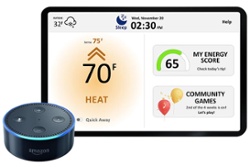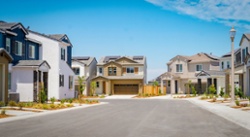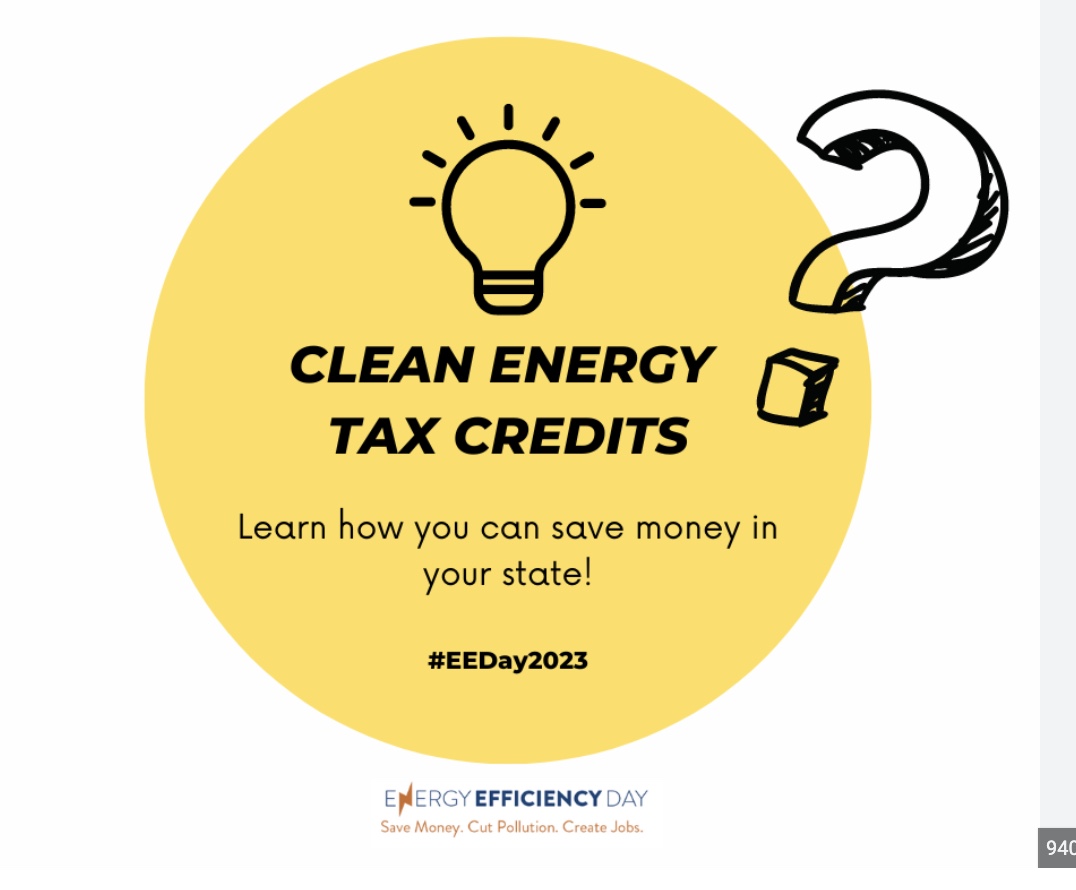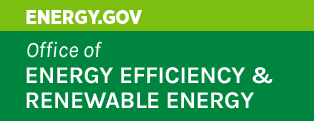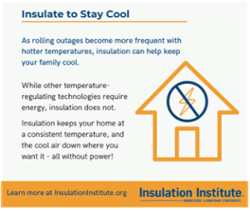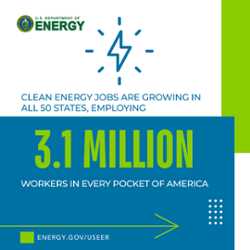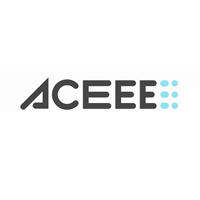Researchers at Purdue University this week announced the creation of a patent-pending Internet of Things (IoT) software program called MySmartE that incentives people to use energy efficiency programs offered by the government and industry. Why does that matter? The lack of residential engagement with energy efficiency programs to measurably reduce energy use is stymying efforts to decarbonize the built environment, a priority for virtually every government and industry. Early results show that gamification might just do the trick.
Details »Insulation Institute Blog
Posts Categorized: Energy Efficiency
The End of Home Sampling?
One of the dirty little secrets of modern home building is that some high-performance building programs allow home sampling or assigning all homes within a development the same performance characteristics or scoring as a reference home. The implementation of sampling was always challenging to monitor and assess. The implied promise for each home built to a specific high-performance certification target (i.e., HERS-rated, ENERGY STAR, Earth Craft, and others) is that it was inspected individually by a trained and certified energy performance professional. Of course, all homes, not just those built to the requirements of a home performance certification program, should be inspected. Still, these inspections are crucial to ensure quality and performance for buyers paying a performance premium.
Details »The Most and Least Energy-Efficient States in 2023
WalletHub has released its annual survey of America’s most and least energy-efficient states. The personal finance site’s evaluation of residential energy efficiency notes that the average U.S. family spends at least $2,000 annually on utilities. Notably, the U.S. Department of Energy estimates that adopting energy-efficient measures (such as air sealing and adding additional insulation) in a home could reduce utility bills by 25 percent.
Details »Two Years Free Electricity for New Home Buyers
With affordability at the top of the list for home buyers today, shopping for a home that will be budget-friendly to purchase and own is a priority for most buyers. A new one-stop shopping platform for energy-efficient homes is looking to change how Americans buy homes by elevating energy efficiency in the purchase process. Furthermore, it’s giving buyers of energy-efficient homes up to two years of free electricity as an incentive to buy a home.
Details »EE Day: Save Money. Cut Pollution. Create Jobs
Next Wednesday, October 4, is Energy Efficiency (EE) Day 2023. This annual event, a collaborative effort of dozens of energy efficiency organizations, including the American Council for an Energy-Efficiency Economy (ACEEE), Advanced Energy United, The Alliance to Save Energy, Natural Resources Defense Council (NRDC), and the Regional Energy Efficiency Organizations (REEOs) promotes a simple message: Save Money, Cut Pollution, Save Jobs.
Details »Join the DOE Peer Exchange for Updates on IRA Incentives
The U.S. Department of Energy’s Office of Energy Efficiency & Renewable Energy Better Buildings Residential Network offers industry members an opportunity to keep abreast of energy efficiency and electrification rebates and incentives and the details associated with them. Industry members can register for Peer Exchange Calls. These calls cover key details of incentives available through the Inflation Reduction Act (IRA).
Details »4 Reasons Why Insulation is Having a Moment
Energy Jobs Grew by 300,000 Last Year
The U.S. Department of Energy (DOE) recently released its annual U.S. Energy & Employment Report, a comprehensive summary of national and state-level workforce, industry, and hiring information in the energy sector. The report shows that jobs in the energy sector increased by 300,000 (3.8 percent growth), increasing from 7.8 million to more than 8.1 million in 2022. And although the energy sector was significantly impacted by COVID-19 and its economic fallout last year, it recovered 71 percent of the jobs lost in 2020.
Details »More Insulation Tied to Increased Habitability
How long would your home remain comfortable and habitable in the event of a power outage in this summer’s brutal heat? The answer might depend on how well insulated your home is, according to a new report released by the U.S. Department of Energy. Analysis from the report, Enhancing Resilience in Buildings Through Energy Efficiency, finds that homes built to meet or exceed the 2021 International Energy Conservation Code (IECC) extend the habitability of buildings by 120 percent during extreme cold and up to 140 percent during extreme heat.
Details »Report: Couple Envelope & Electrification Work
A new report just published by the American Council for an Energy Efficient Economy (ACEEE) highlights that pairing residential heat pump heating and cooling systems with air sealing and insulation will reduce likely increases in customer costs and strain on the electric grid. The report’s message is timely as states prepare to implement two key programs of the Inflation Reduction Act and offer more than $9 billion in rebates for residential energy efficiency and electrification improvements.
Details »